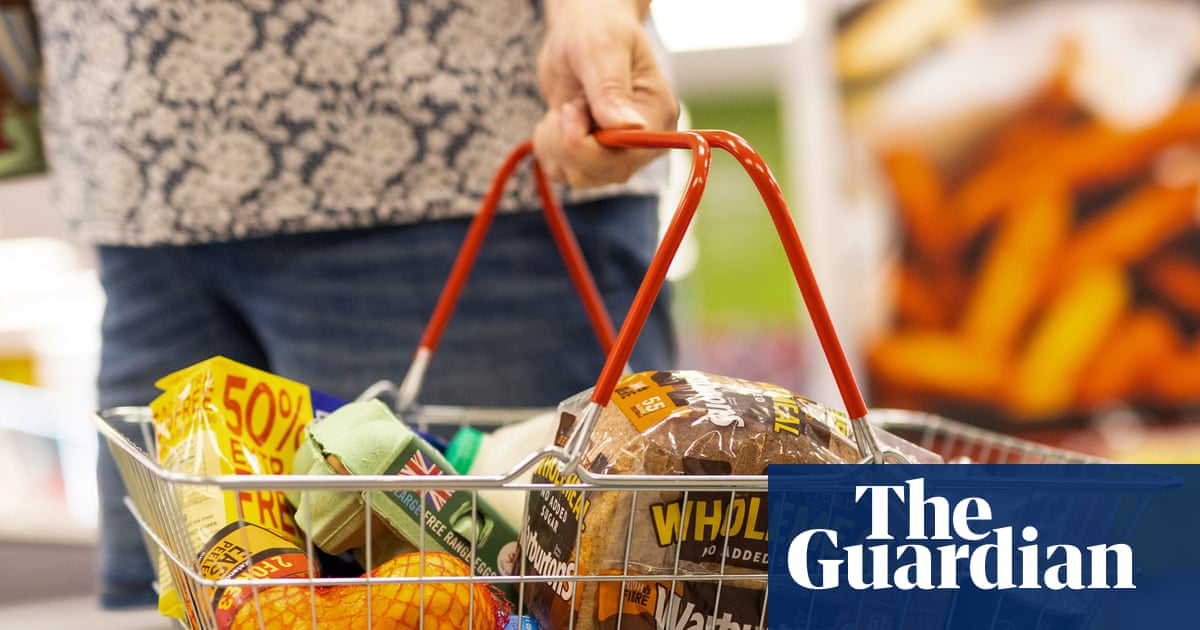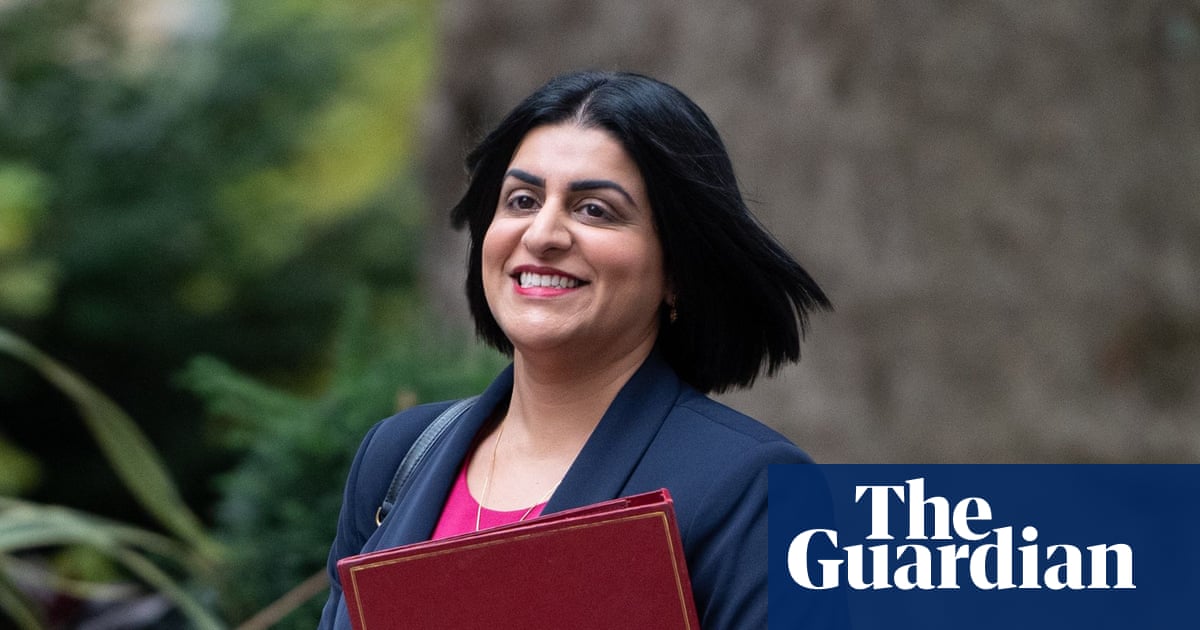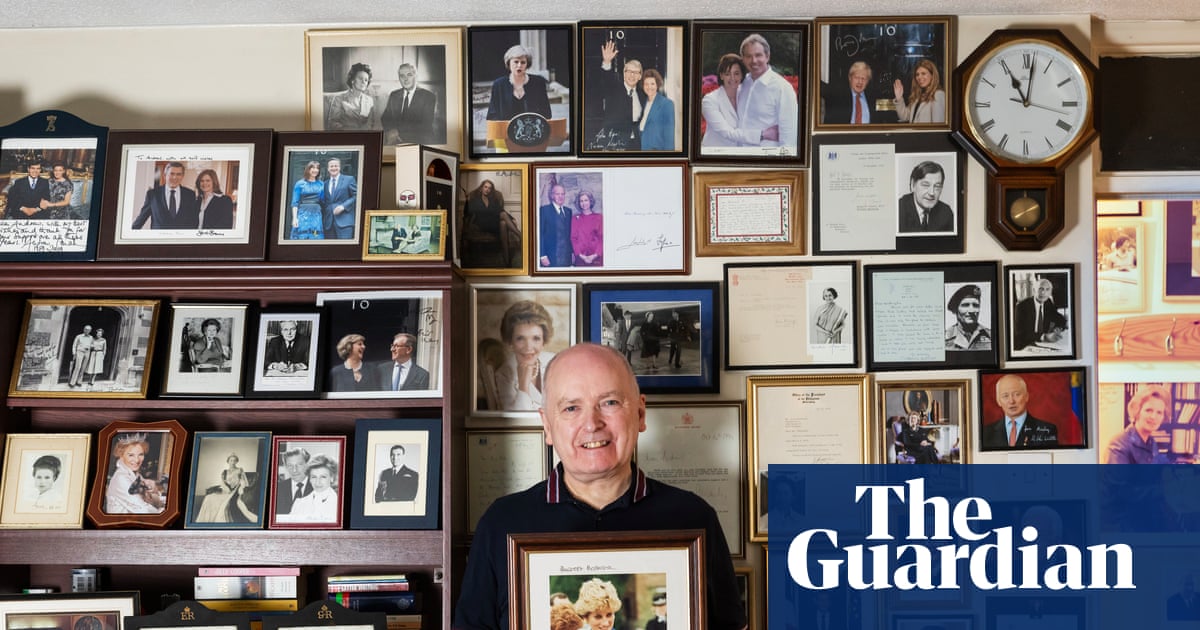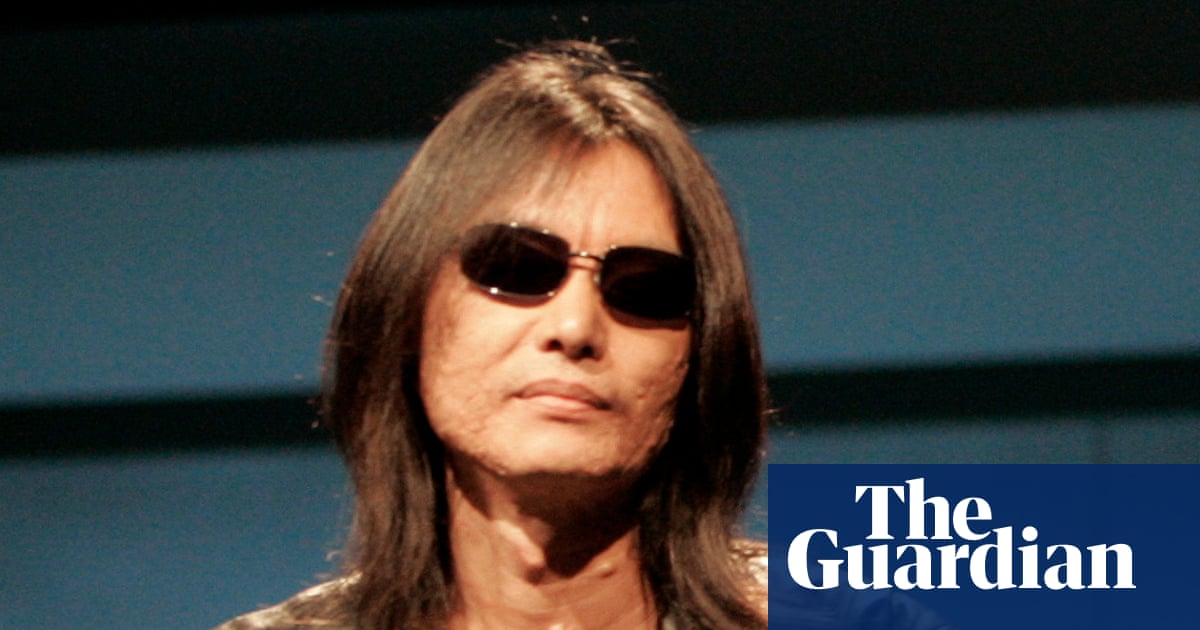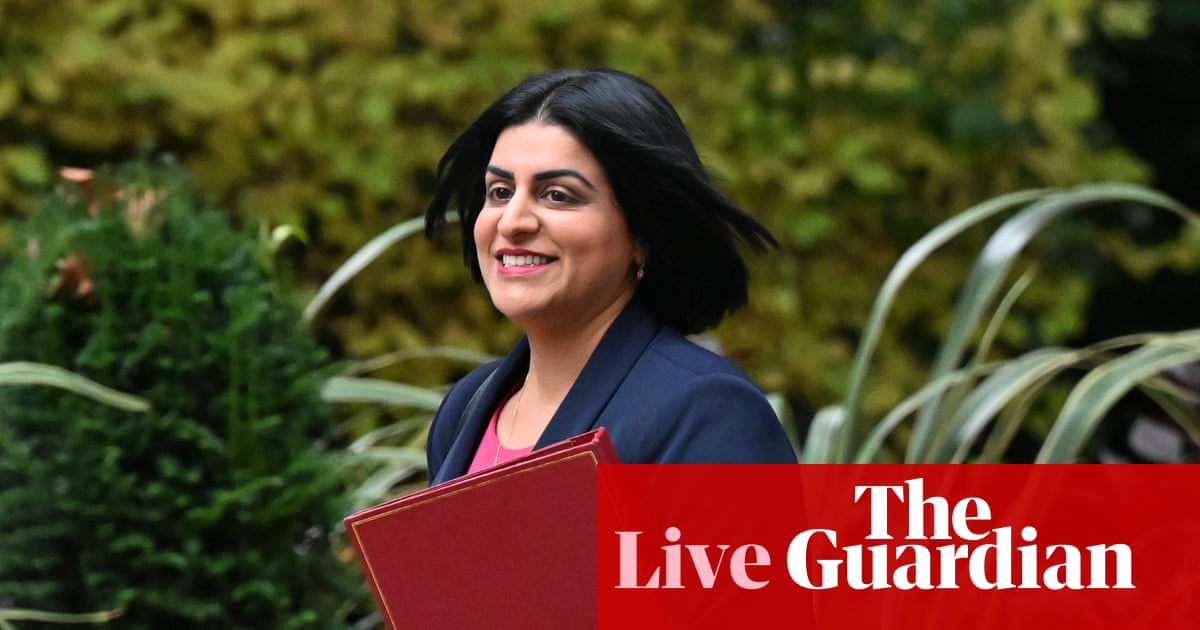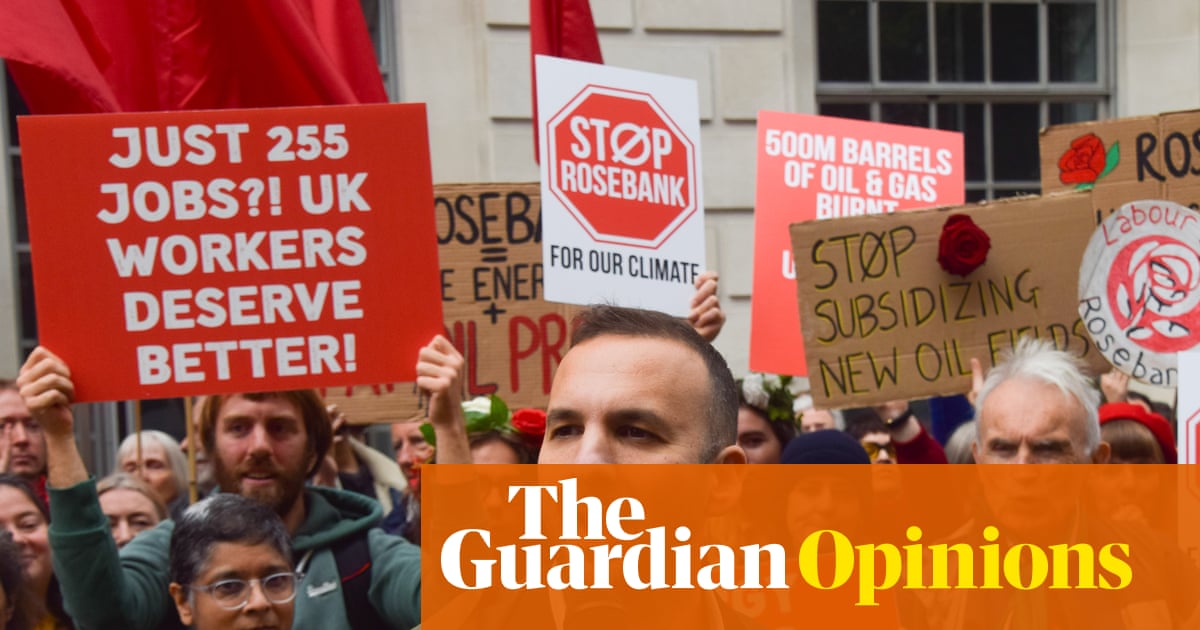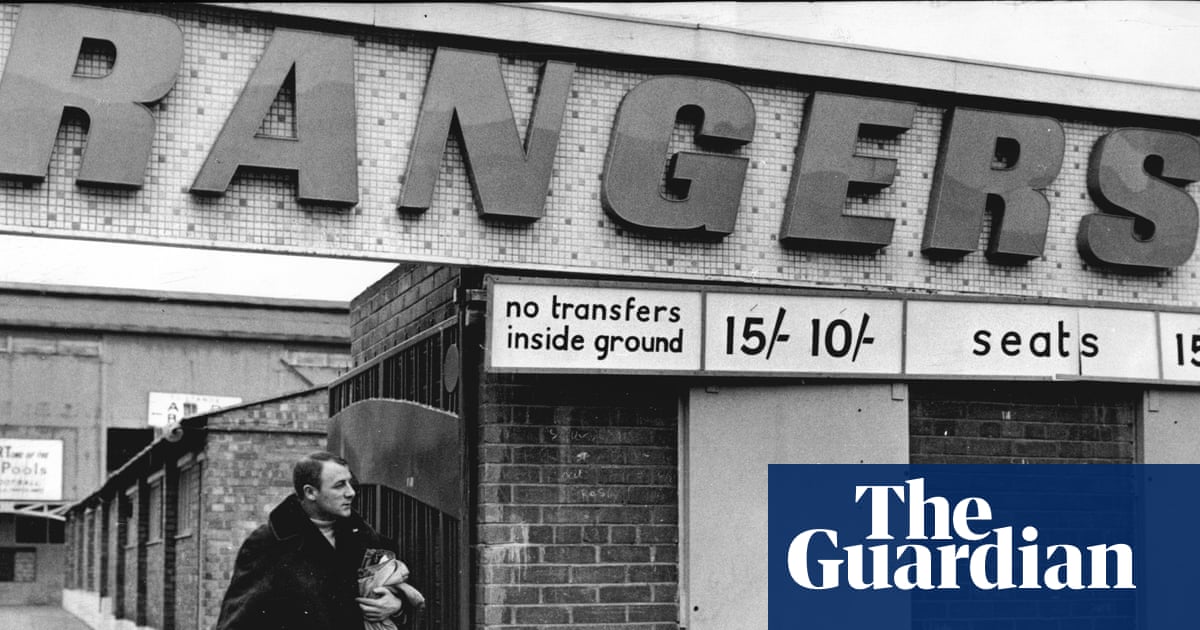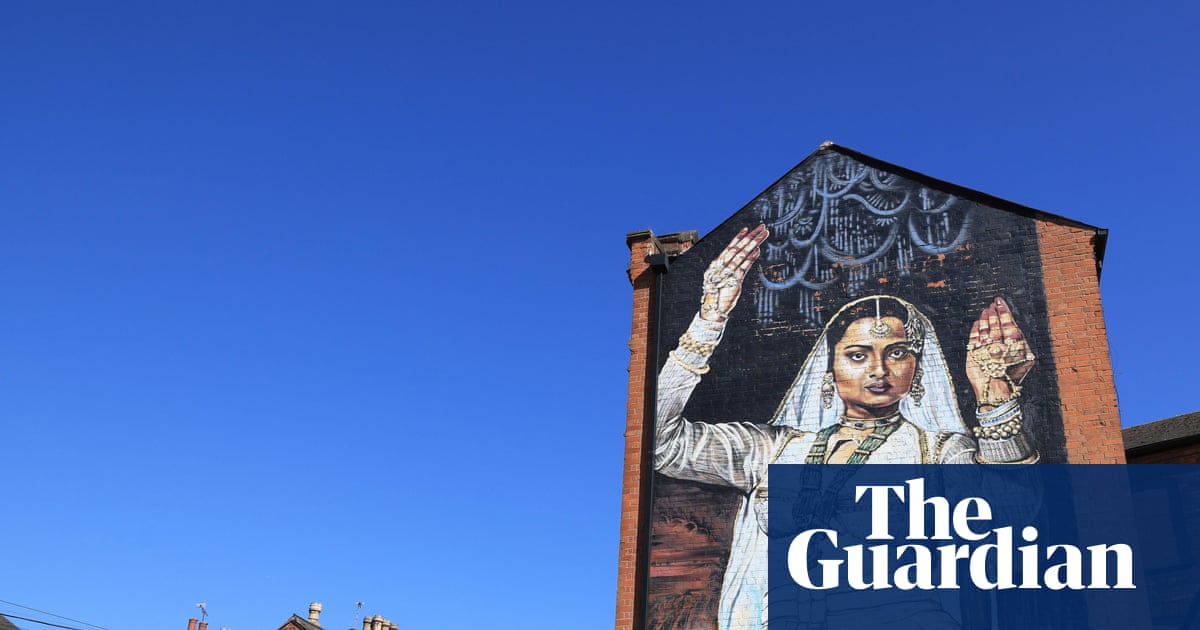Key events Show key events only Please turn on JavaScript to use this feature
Some economists are saying this is probably the peak in inflation. What does this mean for interest rates?
Paul Dales, chief UK economist at Capital Economics, said:
CPI inflation was lower than feared in September, as it stayed at 3.8% rather than rising to 4.0% or above. We doubt this will prompt the Bank of England to cut interest rates from 4% in November. But it increases the chances of the next cut happening by February in line with our forecast and it supports our view that interest rates will be reduced to 3% next year.
What’s more, this will probably be the peak in inflation. Our forecast is for CPI inflation to fall to 3.5% or below in October, not least due to the declines in utility and fuel prices that we already know about. Food price inflation may yet rise further, perhaps back above 5.0% by December, but there are… good reasons to expect it to fall back next year.
And if we’re right in thinking that weak employment will significantly weigh on wage growth next year, then CPI inflation may surprise most people by falling to 2.0% by the end of next year.
Turning to the budget, Dales said:
It’s possible the chancellor will add to that trend in the budget on 26 November, either by reducing inflation directly (cutting VAT on utilities from 5% to 0% would trim CPI inflation by 0.2ppts) or indirectly as higher taxes chip away at economic activity.
Petrol prices and airfares fell last month, but not as much as a year earlier.
The average price of petrol fell by 0.2p a litre between August and September to an average of 134p a litre in September, but last year prices fell by 5.5p a litre. Diesel prices were down by 0.4p a litre to 141.8p a litre.
Air fares fell by 28.8% between August and September, the third-largest September decrease since the collection of airfares changed from quarterly to monthly in 2001. However, air fares fell by 34.8% a year earlier, which was the largest September drop since 2001.
This meant annual transport inflation rose to 3.8% from 2.4%.
This was offset by lower prices for leisure activities, in particular live music concerts, where monthly prices fell by 8.6% compared with a rise of 5.8% a year earlier. Overall, the annual inflation rate in recreation and culture fell to 2.7% from 3.2%.
Here’s our full story:
Introduction: UK inflation stays at 3.8% as food price rises slow for first time since March
Good morning, and welcome to our rolling coverage of business, the financial markets and the world economy.
UK inflation was unchanged last month, defying expectations of a rise to 4%, with food price rises finally slowing.
The annual rate of inflation, as measured by the consumer prices index (CPI), was 3.8%, the same as August’s reading, according to Office for National Statistics data.
Inflation is still almost double the Bank of England’s 2% target, and has been above it for 12 months in a row.
The core rate of inflation, which strips out volatile food and energy costs, dipped to 3.5% from 3.6% in August.
This is good news for the chancellor, Rachel Reeves. She said last week she would announce “a range of policies” in her 26 November budget to “bear down on some of the costs that people face”.
Importantly, food prices dipped by 0.2% in September from August amid discounting at supermarkets, taking the annual growth rate to 4.5%, from 5.1% in August.
It was the first time since May last year that food prices have fallen on the month; and the first time since March this year that the annual rate has slowed.
The Consumer Prices Index (CPI) rose by 3.8% in the 12 months to September 2025, unchanged from August 2025.
The September, August and July 2025 figures were the joint-highest recorded since January 2024, when the rate was 4.0%.
Read the article ➡️ https://t.co/MkZBeF7kCc pic.twitter.com/sQ6mUCGB11
Gold rose by 0.5% at $4,145 an ounce this morning after its biggest one-day fall in five years.
The precious metal tumbled more than 5% on Tuesday, as a record-breaking rally in recent weeks reversed at the end of the Diwali gold buying season. Gold fell as low as $4,003.39 an ounce.
Alex Hill, managing director at Electus Financial in Auckland, told Reuters:
What goes up has to go down. You’ve had a market that’s gone parabolically higher, at some points it’s going to get some relief.
Citi analysts wrote in a research note:
Gold had run ahead of the ‘debasement’ story. We had flagged that prices were stretched to levels previously associated with pullbacks and had reduced our long position accordingly.
The Agenda
-
9.30am BST: UK house prices
-
Noon BST: US MBA Mortgage applications
-
1.25pm BST: ECB president Christine Lagarde speech
-
3.30pm BST: US EIA Crude oil stocks change
-
7pm BST: Annual City banquet at Mansion House and speeches

.png) 4 hours ago
5
4 hours ago
5


